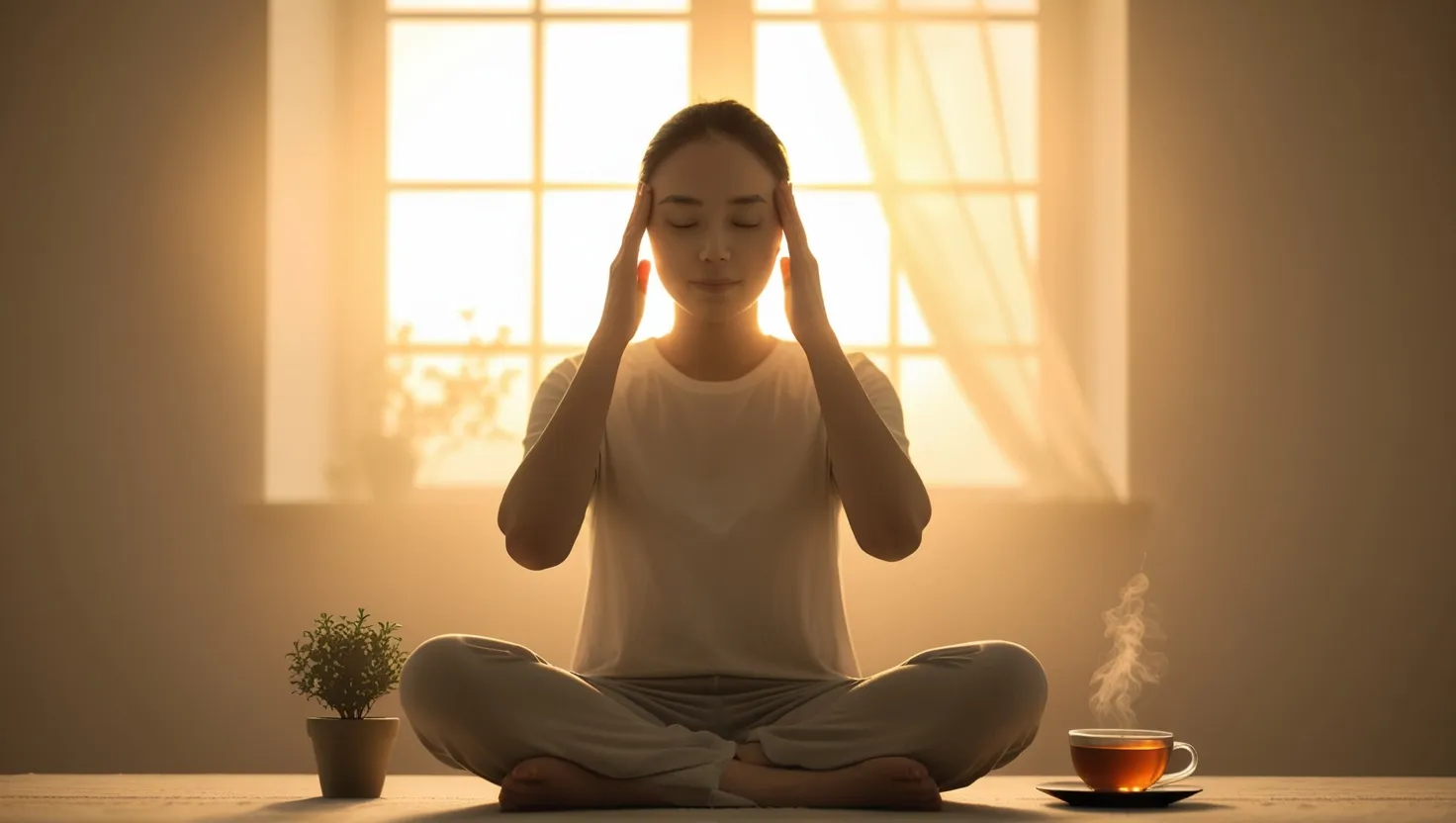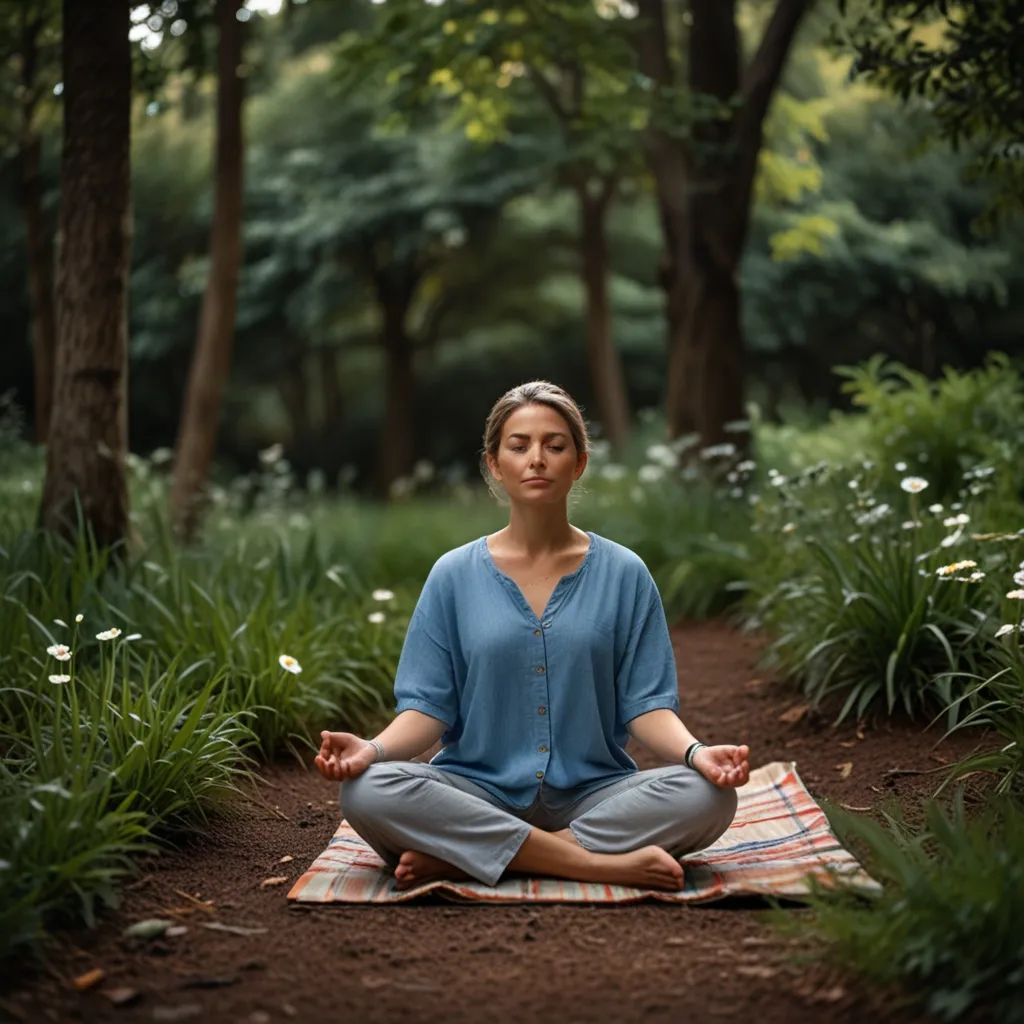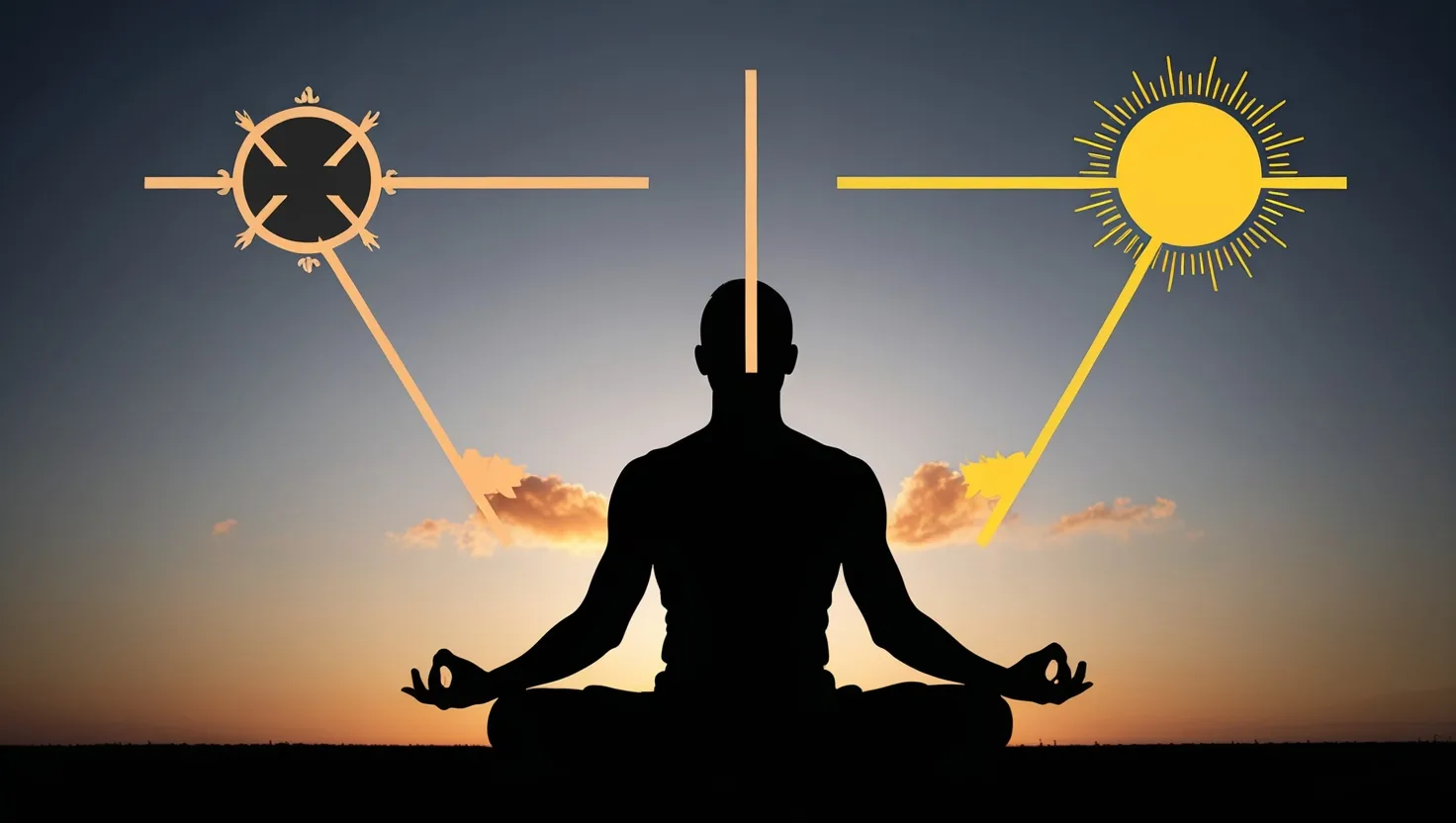Breaking Free from Social Media Addiction: A Journey to Digital Wellness
In our hyper-connected world, social media has become as essential as air for many of us. We wake up, reach for our phones, and before we know it, we’re lost in a sea of likes, comments, and endless scrolling. But what happens when this digital habit starts to consume our lives?
Let’s face it, social media addiction is real, and it’s affecting more of us than we’d like to admit. But here’s the good news: breaking free from this cycle is possible, and it doesn’t mean you have to become a digital hermit.
So, why bother breaking this addiction? Well, for starters, it’s eating up your time like a hungry monster. Think about all those moments you could’ve spent learning a new skill, catching up with friends in person, or simply enjoying a moment of peace. Instead, you’re stuck in a loop of checking notifications and refreshing your feed.
But it’s not just about time. Social media can mess with your head too. Ever felt a pang of jealousy seeing your friend’s perfect vacation photos? Or anxiety when your post doesn’t get as many likes as you hoped? Yeah, that’s the dark side of social media working its magic on your mental health.
Breaking free starts with understanding why you want to quit. Maybe you’re tired of feeling like you’re missing out on real life. Or perhaps you’ve noticed your productivity taking a nosedive. Whatever your reason, hold onto it tight. It’s going to be your North Star when the going gets tough.
Now, let’s talk strategy. Going cold turkey might work for some, but for most of us, it’s about setting boundaries. Start small. Turn off those pesky notifications that are designed to lure you back in. Seriously, do you really need to know instantly when someone likes your cat meme?
Next, set some ground rules for yourself. Maybe you’ll only check social media after you’ve finished your morning routine, or you’ll limit your scrolling to 30 minutes a day. Whatever works for you. The key is to stick to it.
But here’s the thing: nature abhors a vacuum. If you suddenly have all this free time, you need to fill it with something else. Otherwise, you’ll find yourself right back where you started. So, what floats your boat? Reading? Painting? Learning to juggle? Whatever it is, make it your new go-to when you feel the urge to scroll.
Technology can be your friend in this journey too. Ironic, right? There are apps out there designed to help you stay off other apps. Some will give you a gentle nudge when you’ve been scrolling too long, while others can block social media apps altogether during certain hours. Use them. They’re like training wheels for your digital detox.
Now, let’s talk about the elephant in the room: FOMO (Fear of Missing Out). It’s real, and it’s powerful. But here’s a secret: you’re not actually missing much. Most of what you see on social media is carefully curated highlight reels of people’s lives. Real life happens offline, in the messy, imperfect moments that don’t make it to Instagram.
Speaking of real life, it’s time to rediscover it. Remember actual face-to-face conversations? They’re pretty great. Make an effort to connect with people in person. Join a club, volunteer, or just grab coffee with a friend. These real interactions are so much more fulfilling than any number of likes or comments.
As you embark on this journey, be prepared for some withdrawal symptoms. You might feel antsy, irritable, or even a bit lost at first. That’s normal. Your brain is used to the constant stimulation and dopamine hits that social media provides. It’s going to take some time to adjust.
But here’s the cool part: as you push through those initial discomforts, you’ll start noticing changes. Your focus might improve. You might feel less anxious or depressed. You might even sleep better. These are all common benefits of reducing social media use.
It’s important to reflect on these changes. Keep a journal or chat with a friend about how you’re feeling. Celebrate your wins, no matter how small. Did you make it through dinner without checking your phone? That’s awesome! Acknowledging your progress will help keep you motivated.
Now, let’s talk about the bigger picture. Reducing your social media use isn’t just about improving your personal life. It’s about reclaiming your time, your attention, and your mental space. It’s about being present in the moment instead of always thinking about how to capture it for your followers.
Think about all the amazing things you could do with that extra time and mental energy. You could learn a new language, start a side hustle, or finally write that novel you’ve been thinking about. The possibilities are endless when you’re not constantly tethered to your phone.
But let’s be real: completely cutting out social media might not be realistic or even desirable for everyone. The goal isn’t to become a Luddite, but to find a healthy balance. Maybe you’ll decide to keep one platform but delete the rest. Or perhaps you’ll use social media only for specific purposes, like staying in touch with far-flung friends or promoting your business.
The key is to be intentional about your social media use. Before you open that app, ask yourself: Why am I doing this? What do I hope to gain? Is there a better way to spend this time? By being more mindful about your social media habits, you can ensure that you’re using these tools to enhance your life, not detract from it.
Remember, breaking a social media addiction is a process. There will be ups and downs. You might have days where you slip back into old habits, and that’s okay. The important thing is to keep trying, keep reflecting, and keep moving forward.
If you find that you’re really struggling to break free, don’t be afraid to seek help. Talk to a friend, a family member, or even a therapist. Sometimes, excessive social media use can be a symptom of underlying issues like anxiety or depression. Addressing these root causes can make it easier to change your digital habits.
In the end, breaking free from social media addiction is about more than just reducing screen time. It’s about reconnecting with yourself, with others, and with the world around you. It’s about living life in full color, not just through filters and hashtags.
So, are you ready to take back control of your digital life? It won’t be easy, but trust me, it’s worth it. Your future self – the one who’s present, focused, and genuinely connected – will thank you for it.






